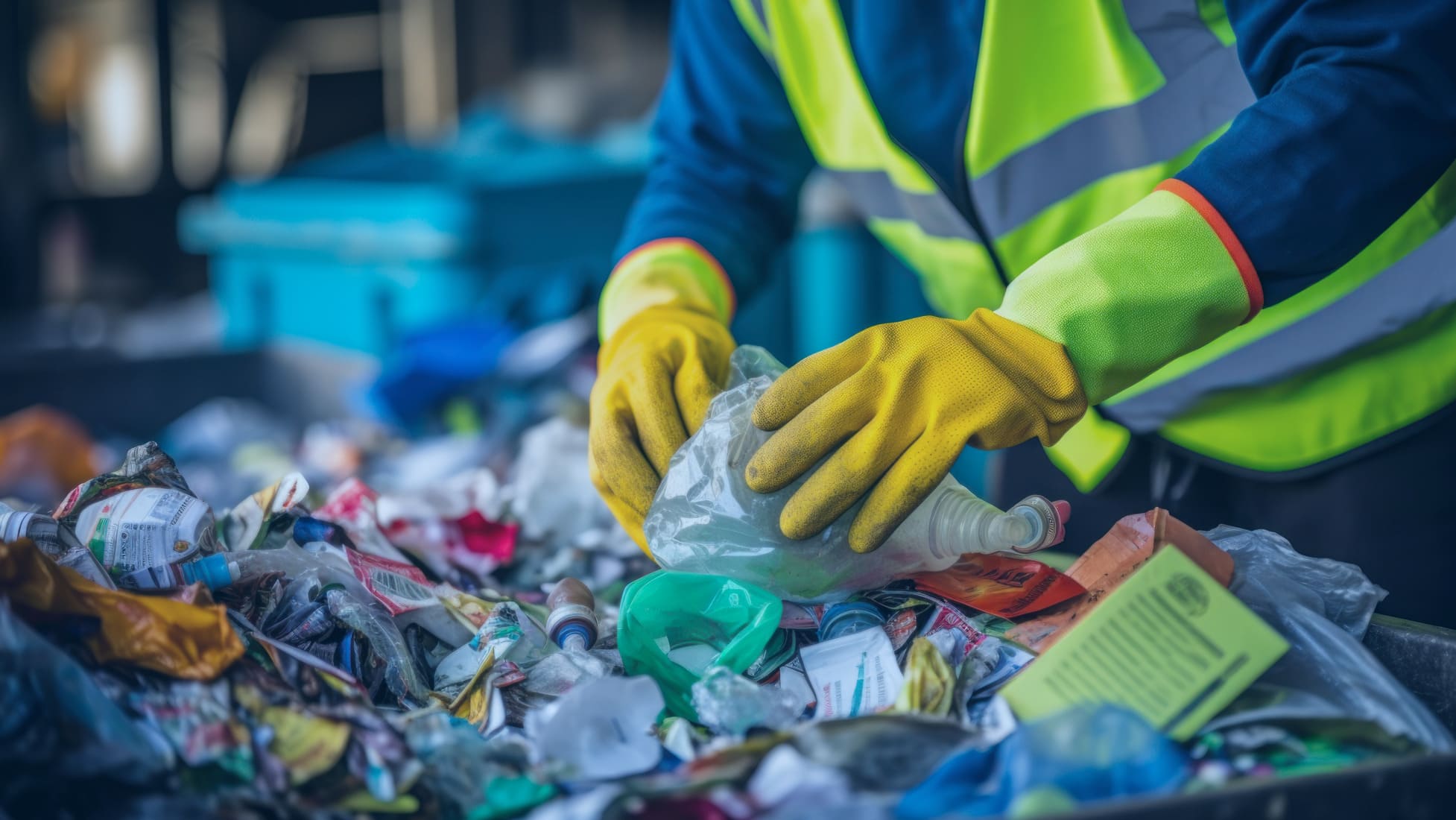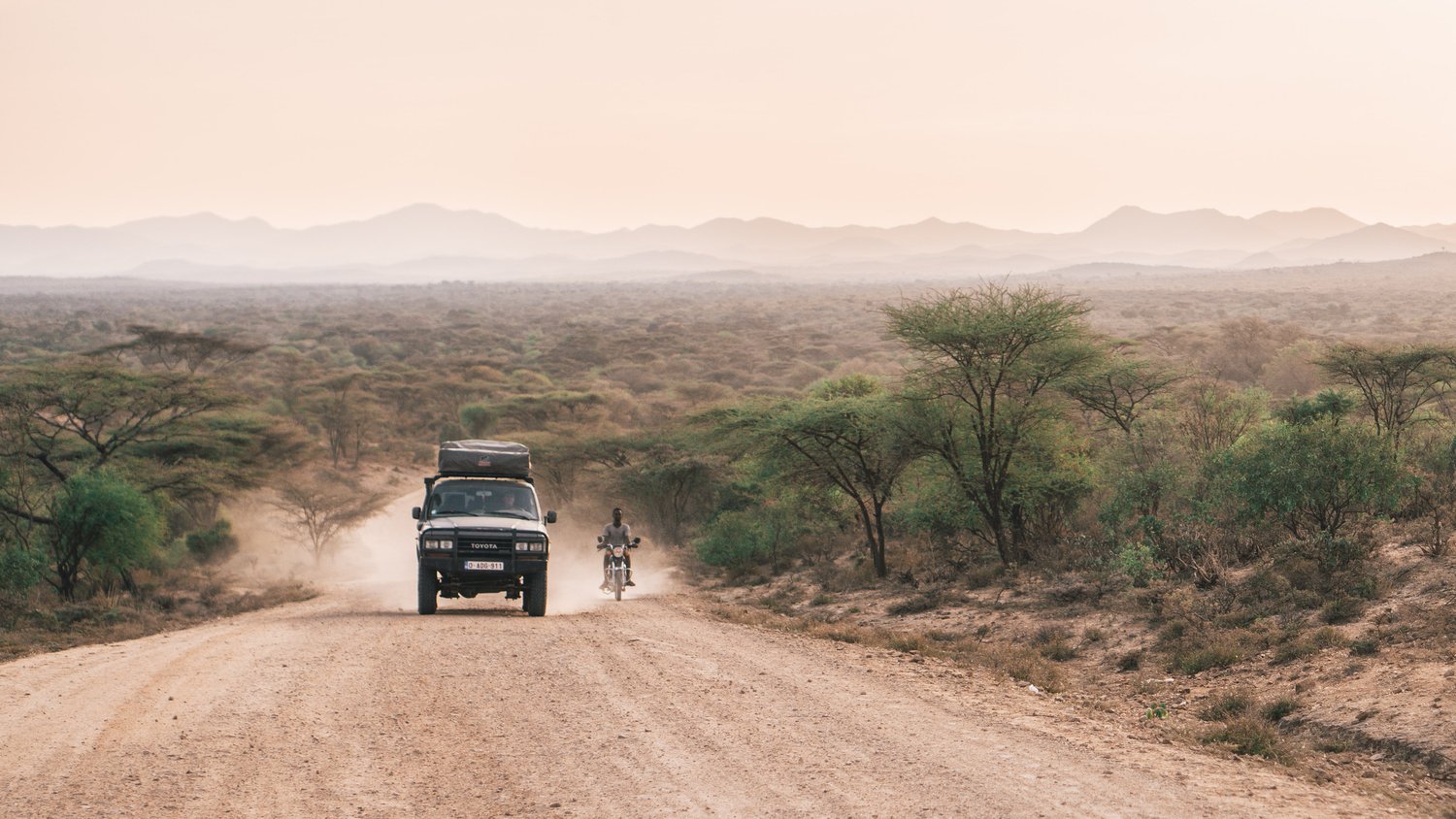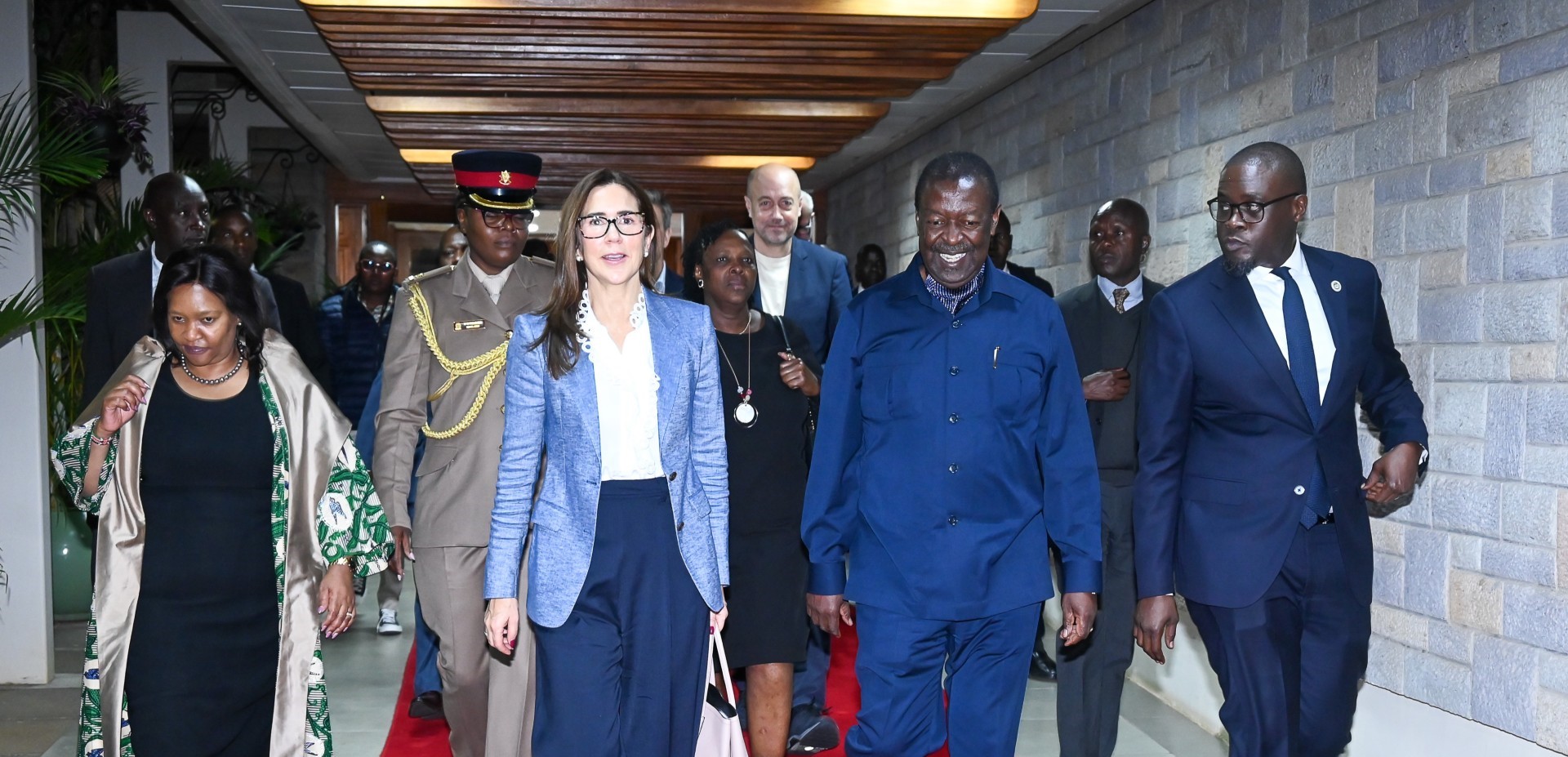- Eco levy, a proposed tax in the Finance Bill 2024, targets importing and manufacturing environmentally harmful products.
The effects of taxes such as the eco levy have raised the question, at what cost will this measure come to the Kenyan people? Environmental sustainability should align with economic accessibility, which is not the case in the proposal.
Eco levy, a proposed tax in the Finance Bill 2024, targets importing and manufacturing environmentally harmful products.
Such products include the manufacture of technology products such as mobile phones, internet equipment, computing devices, and data processing machines.
On the surface, the rationale behind the eco levy appears sound.
As explained by the Principal Secretary for Environment, Festus Ng'eno, who appeared before the National Assembly's Finance and National Planning Committee, the tax is intended to address the growing issue of problematic waste and pollution in the country. The revenue generated, he claims, will fund initiatives to improve waste management and promote sustainable living among Kenyans.
Read More
"Kenya produces approximately 25,000 tonnes of solid waste per day, of which around 60 per cent is estimated to be organic and the rest is problematic synthetic waste streams," The PS said, defending the ministry's decision to impose a Sh150 per kilo levy on plastics.
However, the devil may be in the details. A close examination reveals concerning implications for the average Kenyan citizen.
An example is the 150 shillings per kilogram of plastics. While the intention to curb plastic pollution is understandable, the unintended consequences of this measure could be devastating. Consider the case of diapers, an essential item for families with young children.
The increased cost of this basic necessity could push it out of the reach of many Kenyan households, potentially compromising the health and hygiene of vulnerable infants and toddlers.
Napkins, an alternative to diapers, are not ideal for those living in places with insufficient water. Without reliable access to water, the use of alternative, more environmentally friendly materials may not be a feasible option for many Kenyans, leaving them with no choice but to bear the burden of the eco levy.






